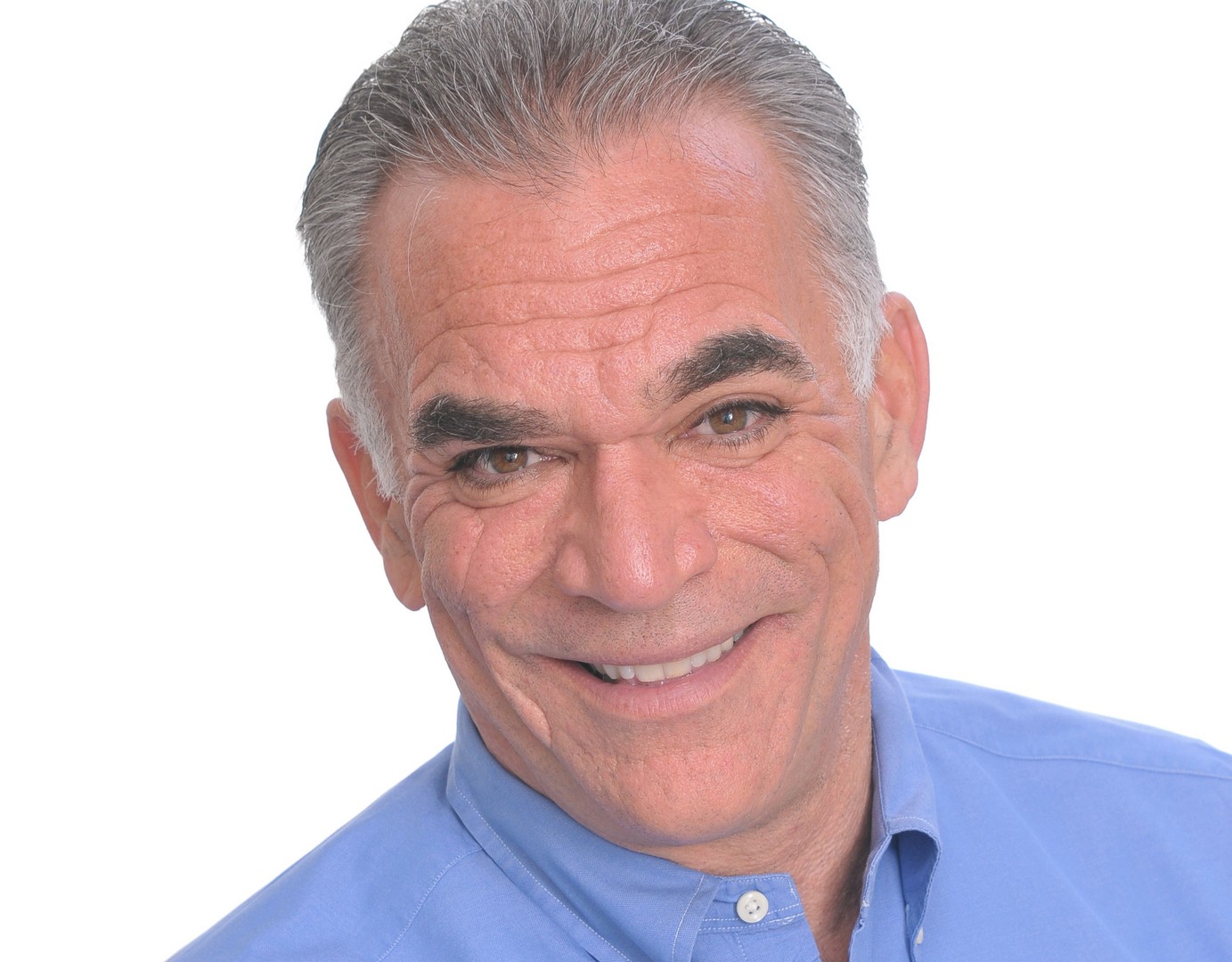By Stephen Garber
I admit, I love certain reality TV shows. No, not eating spiders or watching people in group homes, and certainly not the news today (oh, boy).
I like the shows that are about things that I can see myself doing—and when they are about positive change. I call it couch potato professional research.
I can hold a tune, mostly. I enjoy doing so. I’m addicted to NBC’s “The Voice.” (Maybe they will have a middle-aged vocalist-wannabe show soon.) My favorite part is watching the celebrity coaches shape the talent on their teams in a way that helps them realize more of their potential—and the amazing transformation in performance that excellent coaching can bring.
On ABC’s “Shark Tank,” it’s fascinating to see the variety of businesses that people create, and how they choose to present themselves under the bright lights. I am often intrigued by the insights the Sharks bring into the issues and opportunities they present. And it baffles me how people would have a once-in-a-lifetime opportunity and go onto the show unprepared. When you want to influence others, know who they are and what they want.
My current favorite is CNBC’s “The Profit.” Entrepreneur Marcus Lemonis goes into troubled businesses and chooses to invest or not based on three key attributes: people, process and product—all of which lead to (his) profit.
• People: The way I see it, he cares about the staff and protecting jobs. He watches, listens and learns from the people who actually do the work. He decides if the people—including the owners—are committed and talented. He engages with the owners to find out if they can work better together, and if they will put their egos aside for what is in the best interest of the business. If he doesn’t believe in the people, he won’t invest. As a friend and client of mine used to say, “Business is two-thirds people, and one-third process.”
• Process: Lemonis looks for ways to fix or improve the process. It is all about execution. If the process can be made to work significantly better, generating more profit, then he will invest. How effectively and efficiently we do what we do determines if we can be successful.
• Product: Lemonis needs to see that the product has a market and effectively serves that market. He often finds hidden gems inside the business that are more valuable than the primary product. Likewise, your product or service must truly meet the needs of your market.
There are five lessons we can learn from reality television:
1. “Business is two-thirds people, and one-third process.”
2. How effectively and efficiently we do what we do determines if we can be successful.
3. Your product or service must truly meet the needs of your market.
4. When you want to influence others, know who they are and what they want.
5. The transformation in performance excellence is what coaching can bring. ♦
Stephen Garber is director of Third Level Ltd. Contact him at 561.752.5505 or sgarber@thirdlevel.com.














